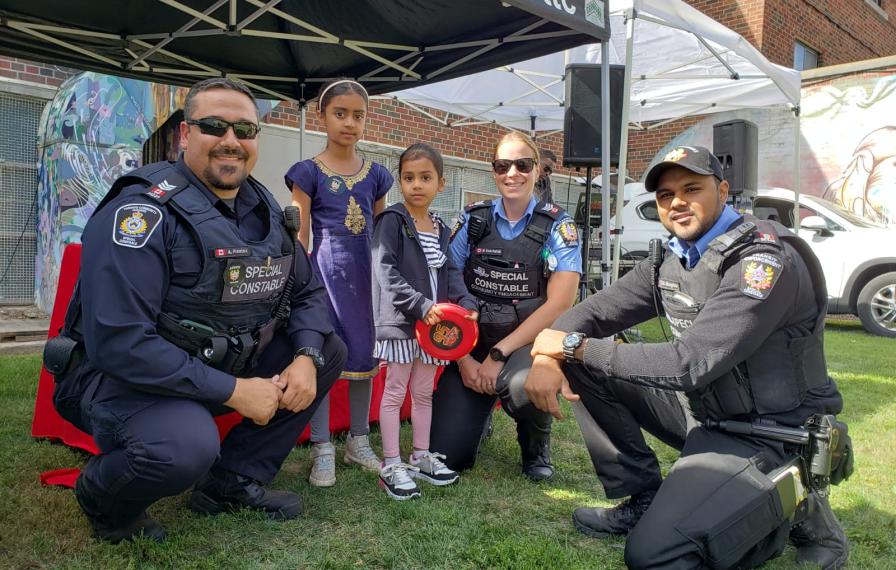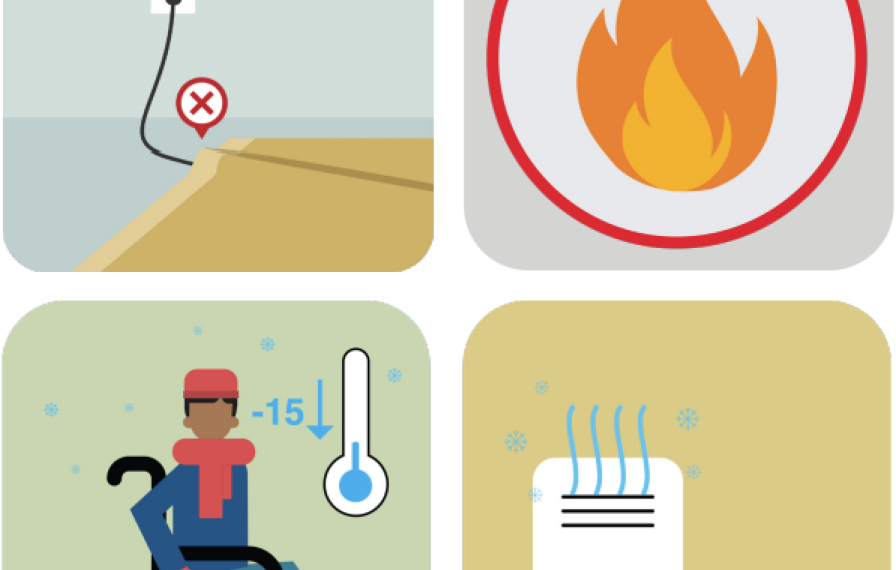Tenant safety
The safety of our communities is our top priority. Tenants have the right to be safe in their neighbourhoods and at home. Always call 9-1-1 in an emergency.

Community Safety Unit
The Community Safety Unit (CSU) works with tenants to foster community well-being and safety. Learn more about CSU's role in your community.

How to prepare for an emergency
Are you prepared in the case of an emergency? TCHC has prepared a list of helpful resources that shows steps you can take to be better prepared.

Safety Guide
Looking for information about top safety issues or what you can do if an emergency occurs? The Safety Guide is available in multiple formats and languages.

Fire safety
Fire safety is a top priority at Toronto Community Housing. Read our Fire Safety Guide, learn about tenant insurance and tips to help you prepare your home.

Identifying scams and fraud
Learn how to spot common scams and tips for how you can protect yourself.
